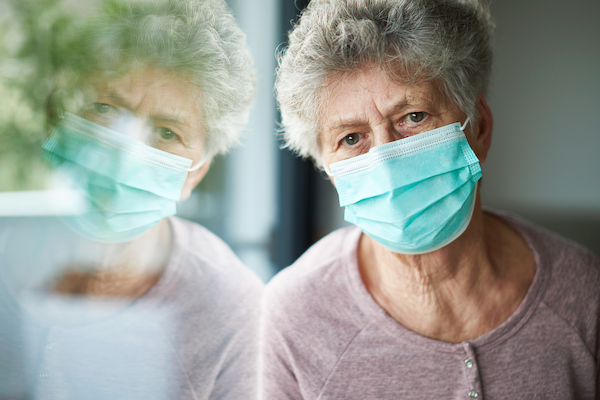The global population has been affected in drastic ways due to the COVID-19 pandemic. Even though all age brackets are at risk of contracting the virus, older adults face the greatest threats and challenges. The trouble is significant in older people because of the physiological changes brought about by aging and potential underlying medical conditions.

Older adults who have not been vaccinated have higher chances of being hospitalized or passing away due to COVID-19. The possibility of contracting a severe illness from COVID-19 is more with the older age group. For this reason, Otsego, MN Covid testing suggests that adults who are older than 65 years must receive the COVID-19 vaccines to help reduce the risk of serious illness from COVID-19.
Testing overview
Different COVID-19 tests can test for both current and past conditions.
- Viral test- this type of test lets you know if you have been recently infected. Nucleic acid amplification tests (NAATs) and antigen tests can be used.
- Antibody test – this test is also called serology test, and it can help you find out if you had been previously infected. Serology tests are not used to detect current conditions.
When to get tested for a recent infection
- If you are experiencing symptoms of the virus.
- If you suspect that you might have been near someone with COVID-19. Not excluding if you are fully vaccinated and if you are not fully vaccinated. If you have not received full vaccination, a COVID-19 test will be required immediately. If the results turn out negative, you should be tested again five to seven days after your last exposure or as soon as symptoms occur.
- If you participate in projects that put you at greater risk because you cannot appropriately distance yourself as you should, ensure you get tested.
- Your health care provider may request a test when your body exhibits symptoms of infection.
Why risk factors matter
COVID-19 can affect people of all ages. The symptoms of this disease can range from mild to severe. You may develop severe illness that requires admission to hospital, while another person may develop mild complications that do not require hospitalization. An excellent example of such a disease is influenza. Research is being done to comprehend better why other people are more likely to develop a severe COVID-19 illness. Information gathered from this research will aid the scientists and health officials when making decisions to protect the most vulnerable populations; older adults.
Learning more about the risk factors will help you to:
- Be cautious as you go about your day-to-day activities.
- Comprehend how a medical condition may affect your health if you contract COVID-19.
- Know in advance the treatment that you may need if you fall sick.
- Lower your risk for severe illness by managing any underlying conditions that may complicate your journey to recovery.
Schedule an appointment at a medical center near you to find out the best risk assessment plan for you that will reduce your chances of falling sick if you contract COVID-19.
Leave a Reply